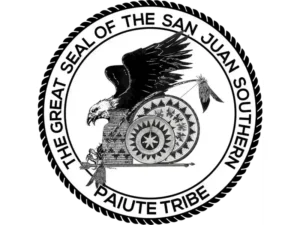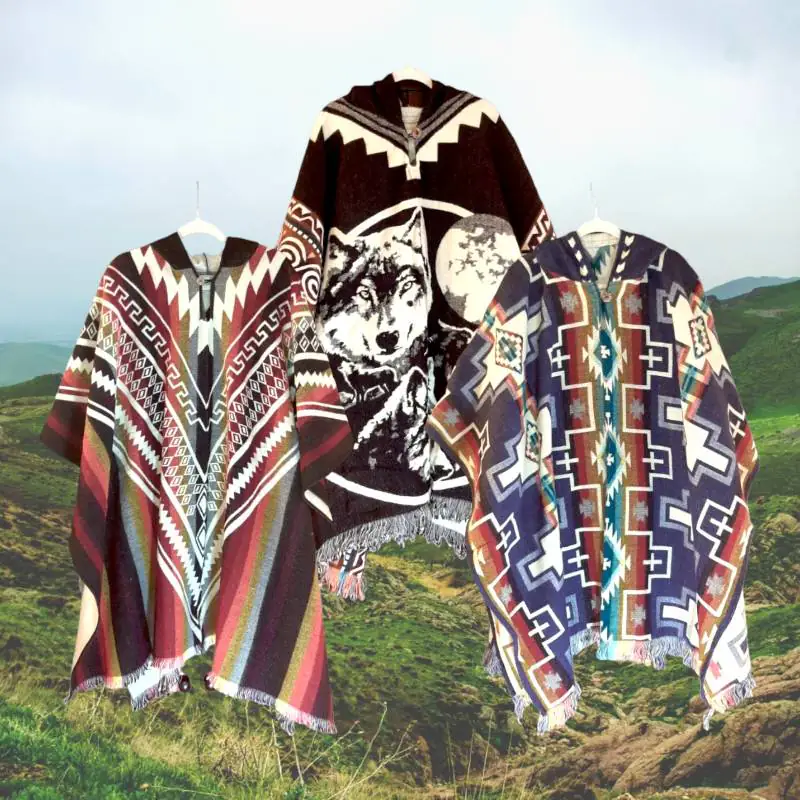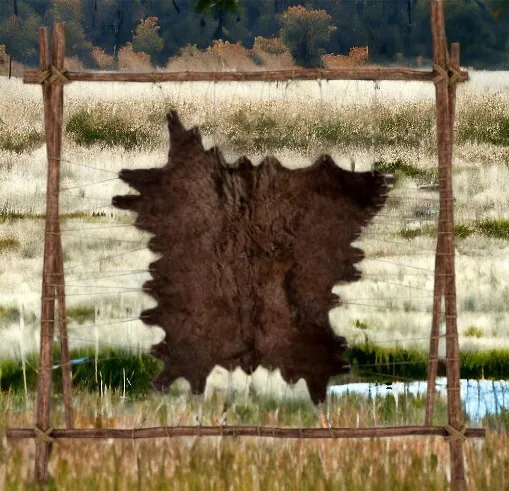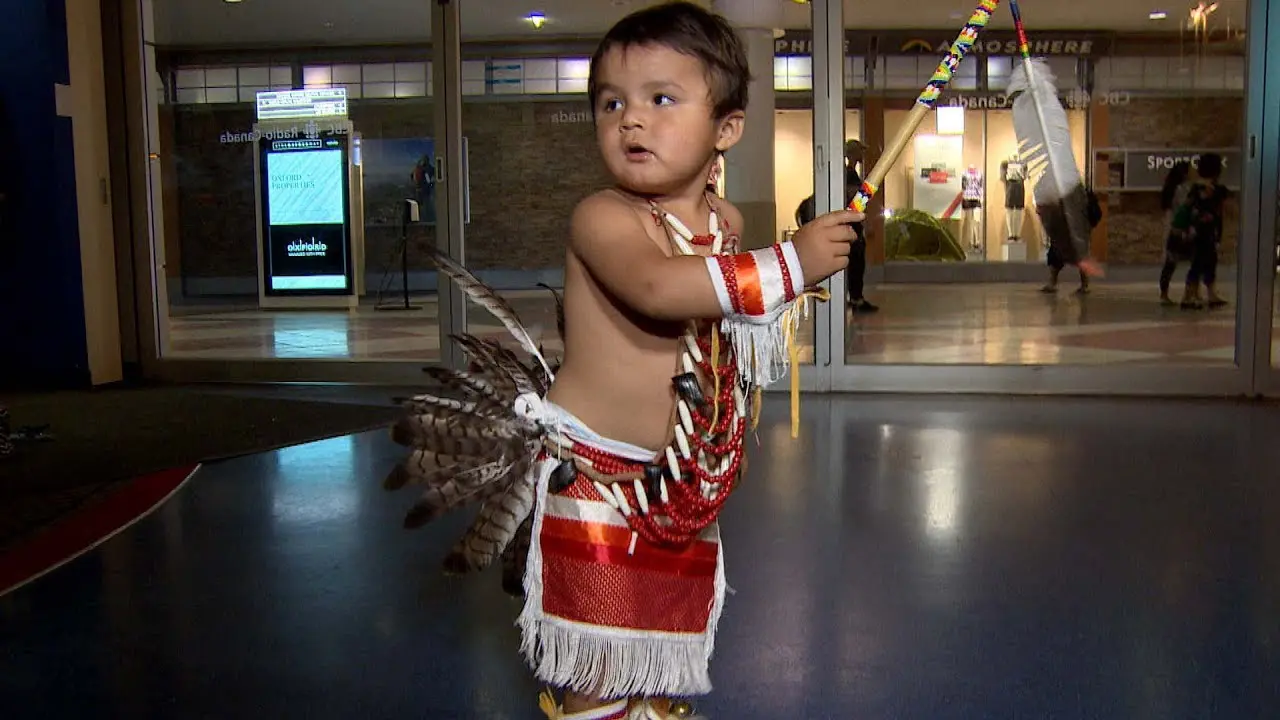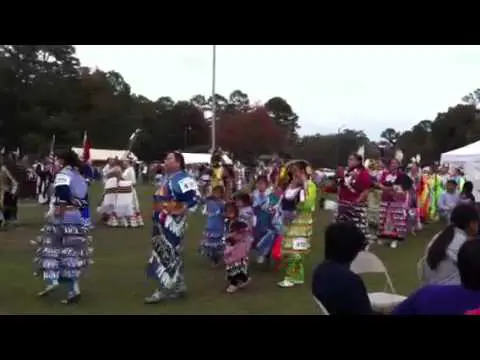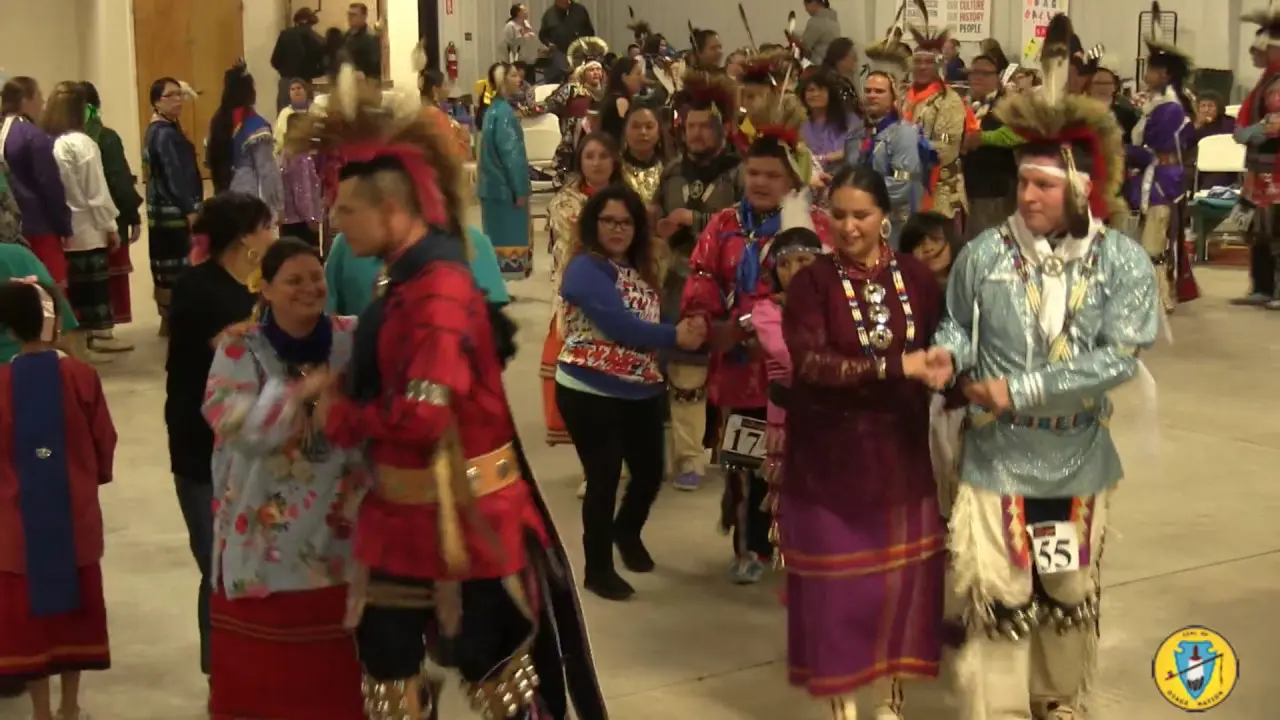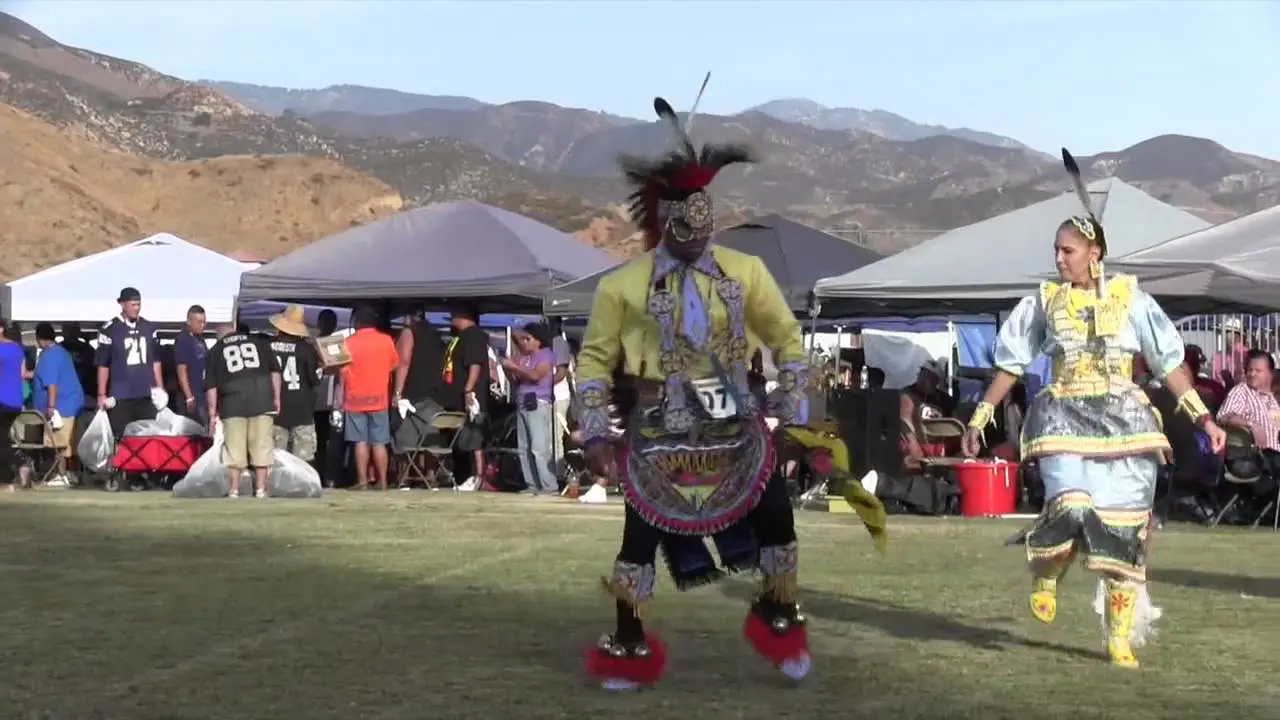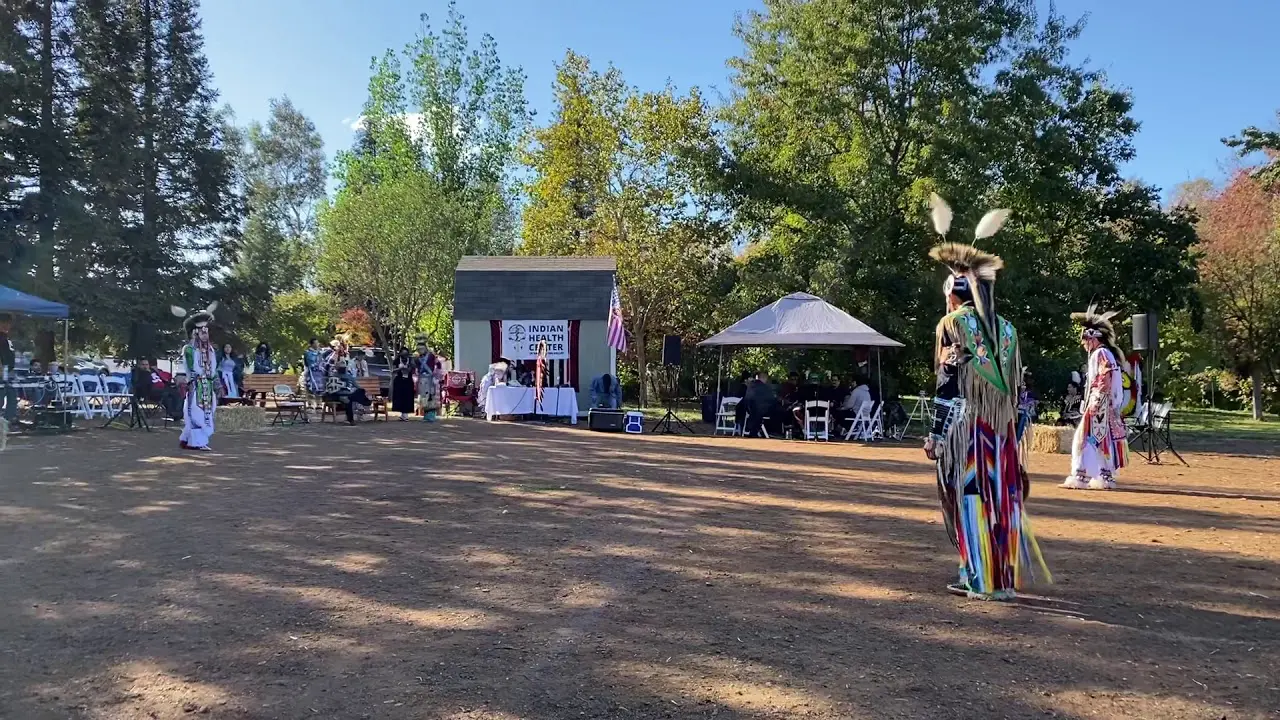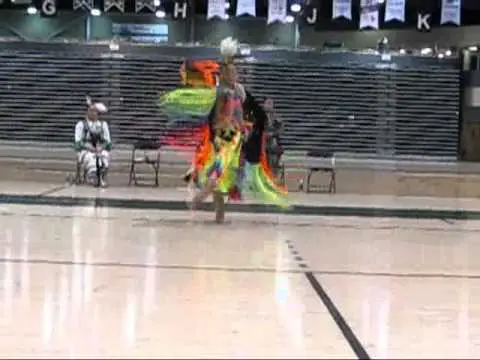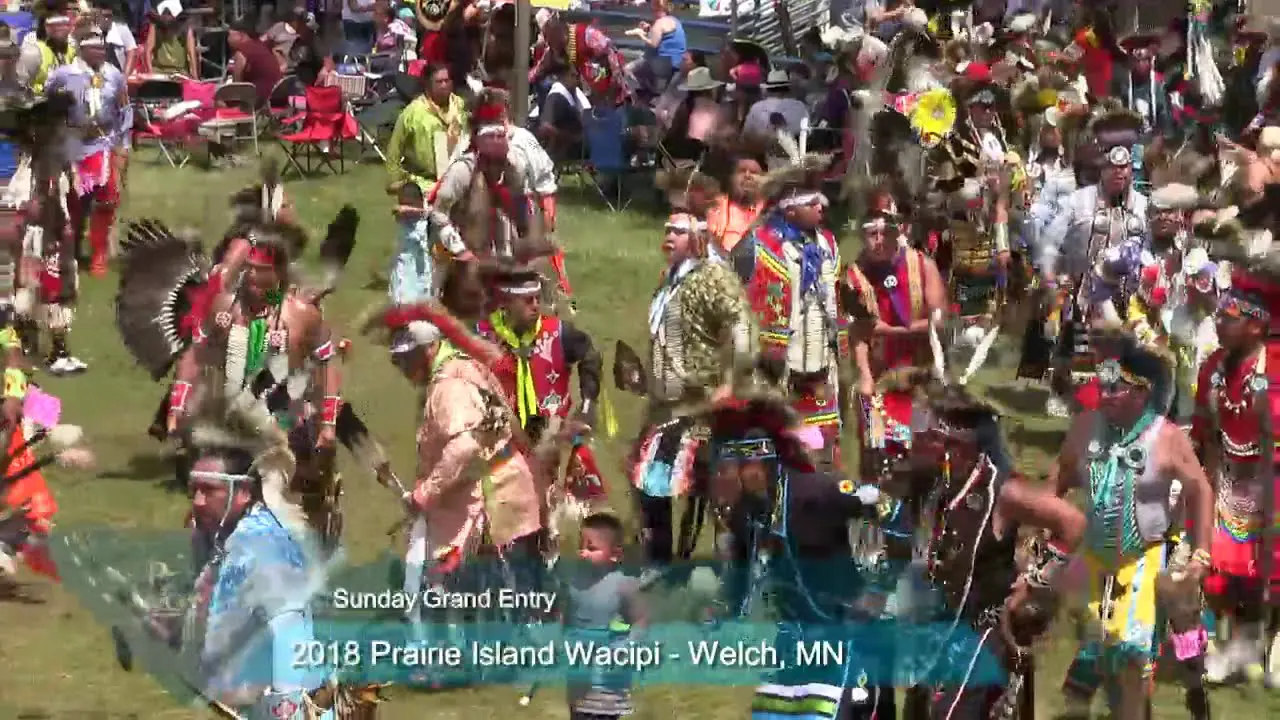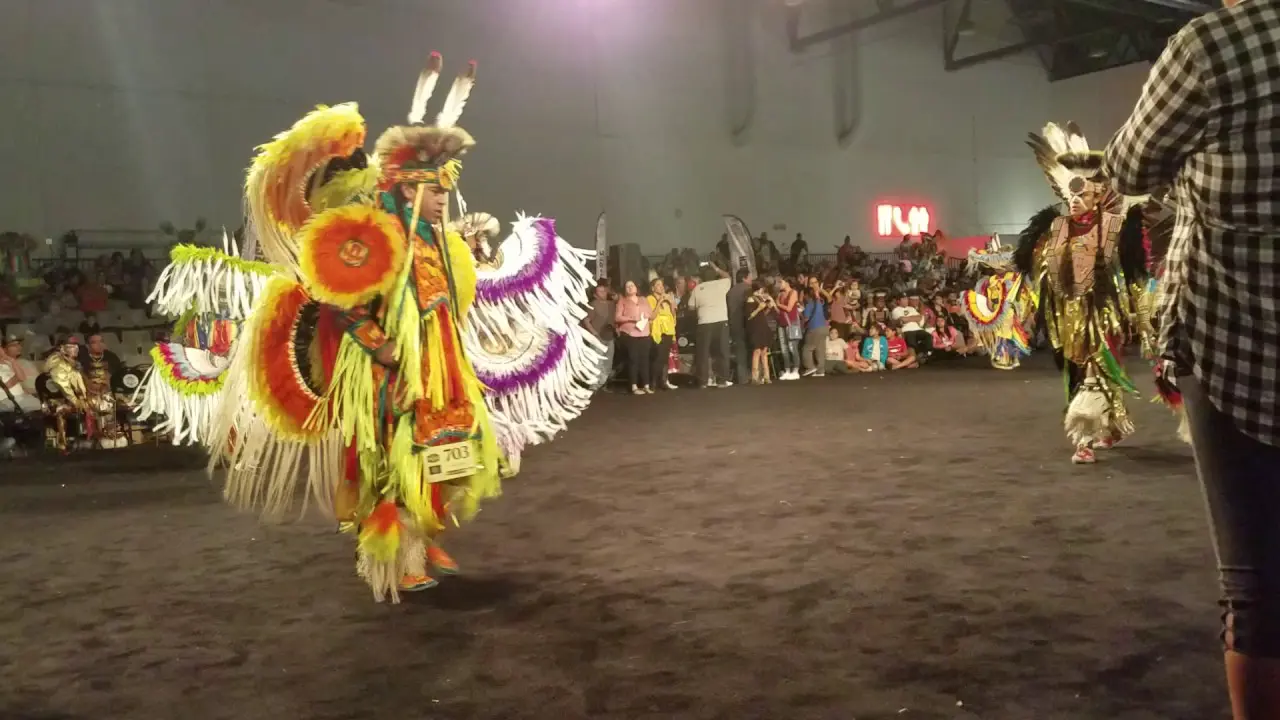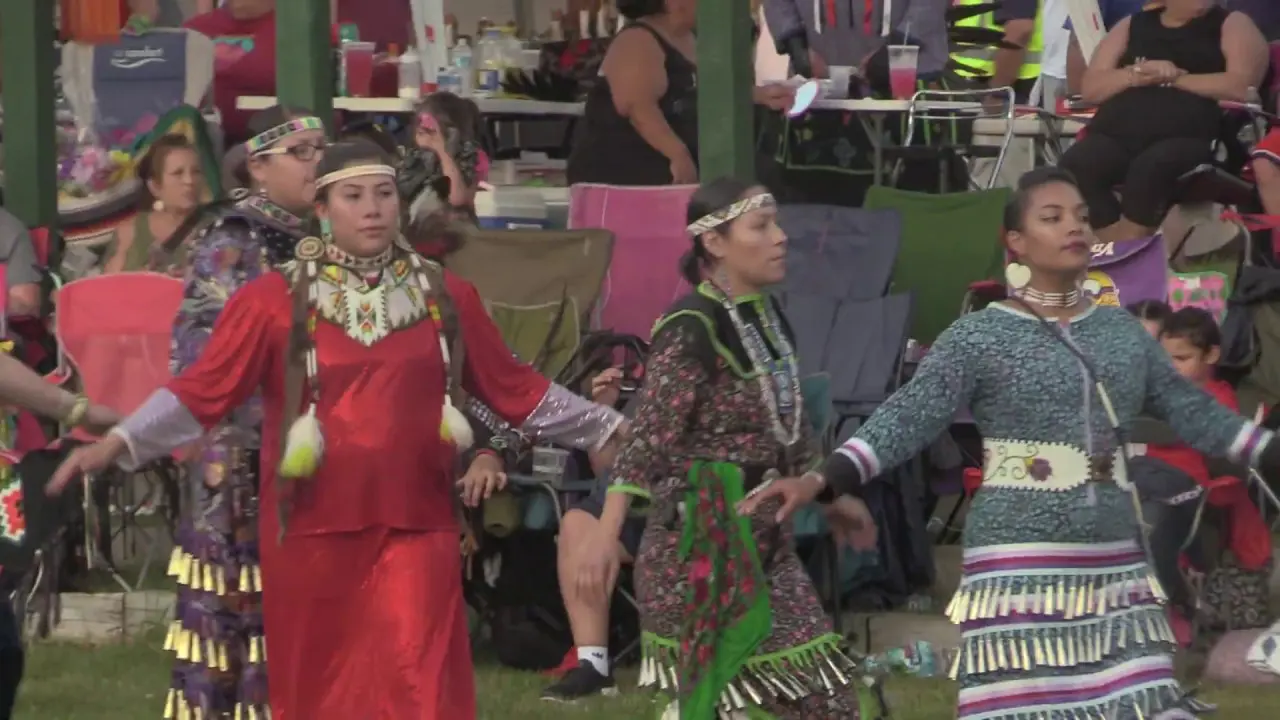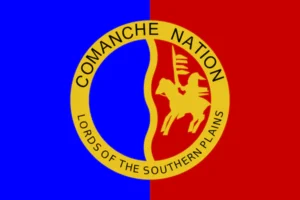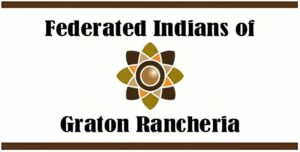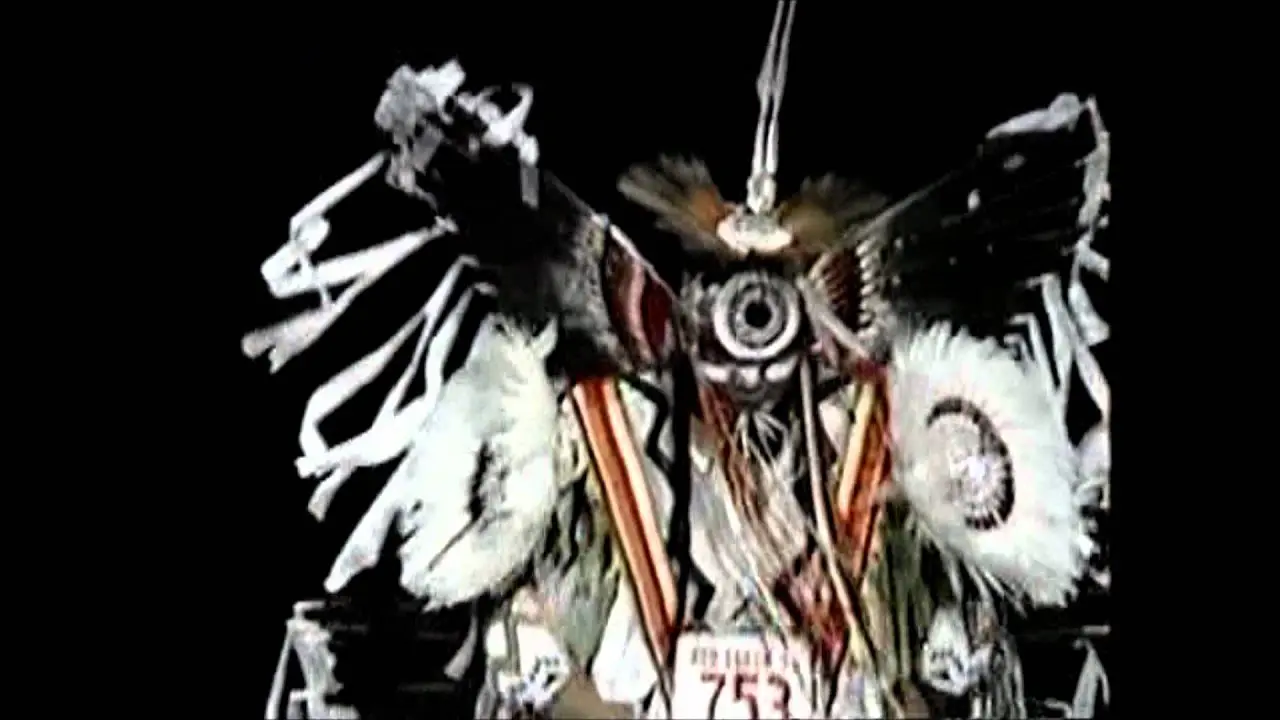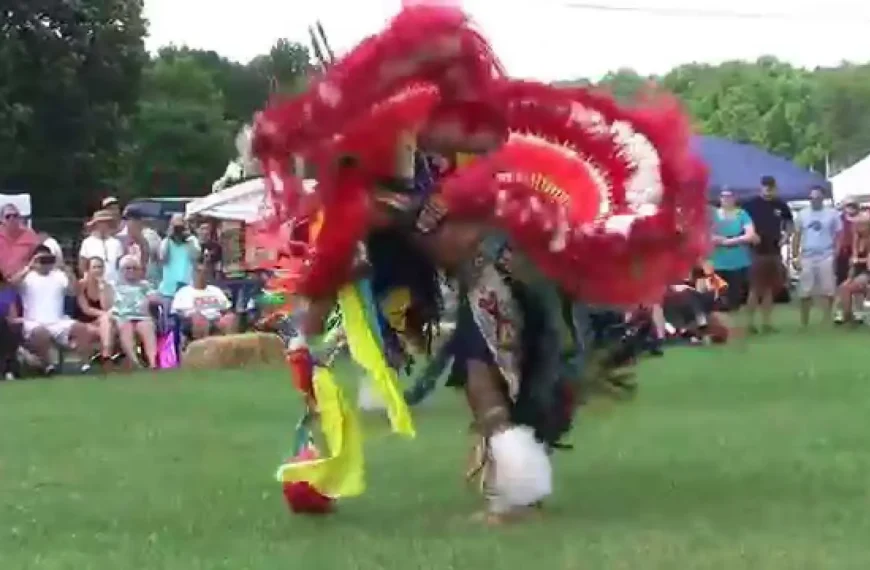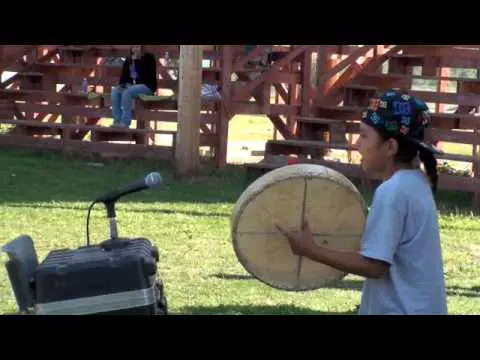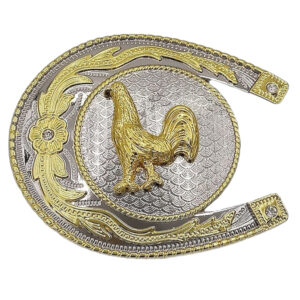Introduction to the San Juan Southern Paiute Tribe of Arizona
Nestled in the breathtaking landscapes of northern Arizona,the San Juan Southern Paiute Tribe stands as a testament to the resilience and cultural richness of Indigenous peoples. With deep roots dating back thousands of years,this tribe is an integral part of the broader Southern Paiute cultural group. The San Juan Southern Paiute Tribe primarily resides in areas surrounding the gorgeous Navajo Nation and the iconic Four Corners region, where the histories and traditions of the Southwest converge.
The tribe’s heritage is rich with stories, traditions, and a profound connection to the land, which shapes their identity and community life. Known for their skilled basket weaving and traditional crafts, the San Juan Southern Paiute people have maintained their cultural practices while adapting to modern challenges. The tribe is not only committed to preserving its unique heritage but also actively engages in efforts to promote educational and economic development, ensuring a vibrant future for its members.
Through community initiatives, cultural preservation programs, and collaborative projects, the San Juan Southern Paiute Tribe continues to thrive in today’s world. With a focus on sustainability and cultural revitalization, they invite all to discover the beauty of their traditions, making them a vital part of Arizona’s diverse tapestry of Indigenous cultures. Whether it’s through visiting the tribe’s historic sites or participating in cultural events, there are countless ways to connect with the San Juan Southern Paiute and learn about their enduring legacy in the heart of the American Southwest.
Origin Of The People
The San Juan Southern Paiute Tribe of Arizona traces its origins to a rich history characterized by resilience and adaptability.The tribe is part of the larger Paiute group, which traditionally inhabited areas across the Great Basin and surrounding regions, including parts of southern Utah, northern Arizona, and Nevada. Linguistically, the Southern Paiutes speak a dialect of the Paiute language that connects them to their cultural roots and historical narratives.
Historically, the San Juan Southern Paiutes were semi-nomadic, engaged in hunting, gathering, and farming. They utilized the natural resources of their environment, relying heavily on local flora and fauna for sustenance. Seasonal migration allowed the tribe to optimize their food sources, ensuring they could thrive in the varied landscapes of the Colorado Plateau and surrounding regions.The arrival of European settlers in the 19th century brought notable changes to the lives of the San Juan Southern Paiute people. Colonization and the ensuing conflicts disrupted their traditional ways of life, leading to loss of land, resources, and autonomy. Despite these challenges,the tribe has demonstrated remarkable resilience,working to preserve their cultural heritage,language,and traditions.In modern times, the San Juan Southern Paiute Tribe has regained federal recognition, allowing them to assert their rights and restore their cultural identity. They are actively engaged in revitalizing their language and educating younger generations about their history, ensuring that the unique aspects of their heritage endure. With an emphasis on community building and economic development, the tribe continues to celebrate its traditions while adapting to contemporary challenges, fostering a vibrant culture that honors the past while looking towards the future.
Tribal Homelands
The San Juan Southern Paiute Tribe of Arizona is deeply connected to their ancestral homelands, which span parts of northern Arizona and adjacent areas in Utah.This region is characterized by stunning geological formations,vast desert landscapes,and vital water resources that have sustained the tribe for generations. The tribe’s traditional territory includes the areas surrounding the San Juan River and extends into the Arizona Strip, highlighting their historical reliance on both the land and water for cultural practices, agriculture, and sustenance.
The San Juan Southern Paiute people traditionally engaged in seasonal migrations to utilize the different resources within their homeland. They were skilled in farming, cultivating crops like corn, beans, and squash, which remain integral to their cultural identity today.The tribe’s connection to the land is not just historical but also spiritual, as many significant sites within their territory are viewed as sacred.
One of the main responsibilities of the tribe today is to preserve these sacred sites while promoting cultural education and environmental stewardship. The San Juan Southern Paiute Tribe actively works to protect their homelands from external threats such as urban development and environmental degradation. By engaging in conservation efforts and advocating for enduring land-use practices, they strive to maintain the ecological balance that has existed for centuries.
Understanding the tribal homelands of the San Juan Southern Paiute Tribe offers insights into their cultural heritage, language, and traditions. Efforts to revitalize their native languages are ongoing, as language is a critical component of their cultural narrative. Initiatives include community workshops and educational programs aimed at younger generations, ensuring that their history and values are passed down.
Visitors to the San Juan Southern Paiute territory are encouraged to learn about the tribe’s rich history and cultural practices. Engaging with the tribe through events and programs provides an opportunity to appreciate their unique contributions to the broader tapestry of Native American history in the Southwest. By fostering connections between the San Juan Southern Paiute Tribe and the wider community, both parties can benefit from a deeper understanding of the land’s importance and the people’s enduring legacy.
Interactions With Settlers
The San Juan Southern Paiute Tribe of Arizona has experienced a complicated history of interactions with settlers, marked by both positive and negative elements. These interactions have significantly shaped the tribe’s culture, identity, and economic landscape.
On the positive side, some settlers engaged in trade and established relationships with the San Juan Southern Paiute people, creating a mutual exchange of goods and knowledge.Early settlers frequently enough relied on the Paiutes’ understanding of the land, including local flora and fauna, for sustenance and medicinal purposes. In some instances, this collaboration fostered a sense of respect and shared interest in preservation, leading to cooperative efforts to manage natural resources and maintain traditional practices.
Conversely,the negative interactions with settlers profoundly impacted the San Juan Southern Paiute Tribe. As European settlers moved into the area during the 19th century,they brought land dispossession and cultural disruption. The expansion of agriculture and mining often led to the encroachment on tribal lands, displacing many Paiutes from their ancestral homes. This struggle for territory not only resulted in loss of land but also contributed to the erosion of traditional cultural practices and language, which are essential to the tribe’s identity.
Furthermore, discriminatory policies and attitudes of the time fostered a climate of hostility. Many Paiutes faced social and economic marginalization due to settlers’ misconceptions, leading to systemic inequalities that persist today. The establishment of reservations and the imposition of federal regulations often failed to respect the tribe’s sovereignty and traditional ways of life.
In more recent years, the San Juan Southern Paiute Tribe has sought to reclaim its heritage and rights through legal avenues and cultural revitalization efforts. These steps include fostering educational programs that emphasize the tribe’s history, language, and traditions.By addressing past grievances while also embracing elements of cooperation,the San Juan Southern Paiute Tribe continues to navigate its relationship with the descendants of settlers,aiming for a future built on understanding,respect,and collaboration.
Most Notable Events In Their Tribal History
The San Juan Southern Paiute Tribe of Arizona has a rich and diverse history marked by resilience and cultural continuity. One of the most notable events in their tribal history occurred during the mid-19th century, when the westward expansion of settlers and the establishment of treaties began to impact their traditional lands. The San Juan Southern Paiutes initially thrived in the arid regions of what is now northern Arizona, relying on their intimate knowledge of the land to sustain their communities through agriculture and gathering.In 1934,the Indian Reorganization Act played a pivotal role in reshaping the future of the tribe. This act aimed to reverse some of the damage done by previous legislation, allowing tribes greater autonomy and the chance to restore their governments. For the San Juan Southern Paiutes, this precipitated the formation of a formal tribal council, enabling them to begin reclaiming aspects of their governance and cultural identity.The construction of Lake Powell in the 1960s represented another significant chapter in the tribe’s history.The flooding of tribal lands forced the San Juan Southern Paiute people to confront the loss of their ancestral territory. This event led to a deeper commitment to cultural preservation and the reaffirmation of their identity. The tribe began to focus on revitalizing their traditions, language, and ceremonies while advocating for environmental stewardship within their remaining territories.
In recent years, the San Juan Southern Paiute Tribe has taken strides to bridge historical gaps, establishing educational programs aimed at teaching younger generations about their heritage. The endeavors to promote cultural awareness and language preservation reflect their ongoing resilience in the face of historical challenges. Additionally,they have engaged in economic development projects that respect their traditional values,effectively utilizing their resources to foster community growth.
Through these notable events, the San Juan Southern Paiute Tribe has not only navigated the complexities of external pressures but has also reaffirmed their commitment to cultural heritage and sovereignty. Their rich history serves as a testament to their enduring spirit and dedication to preserving their way of life for future generations.
Where Are Their Tribal Lands Now And How Were They Established
The San Juan Southern Paiute Tribe, located primarily in Arizona, encompasses tribal lands that are rich in cultural and historical significance.Their territory stretches along the southern edge of the Utah border, primarily in the areas of San Juan County, Utah, and extends into parts of northern Arizona. The tribe’s homeland is characterized by stunning landscapes that include plateaus, canyons, and desert terrain, significant to their traditional way of life and cultural practices.
The establishment of their tribal lands came through a complex history marked by treaties, federal recognition, and adaptation. The San Juan Southern Paiute were not federally recognized until 1980, which played a crucial role in the reestablishment of their lands and recognition of their rights. Following years of negotiation and advocacy, the tribe successfully reasserted its claim to its ancestral lands, leading to the formal allocation of approximately 22 acres near the town of Navajo Mountain.In addition to these designated lands, the San Juan Southern Paiute Tribe engages in efforts to reclaim and preserve areas of cultural and natural significance. They emphasize the importance of traditional knowledge and practices in managing their lands, ensuring sustainable environmental stewardship while honoring their ancestors. The tribe’s commitment to land preservation stems from a deep-rooted understanding of their intrinsic connection to the earth, which is reflected in their ongoing cultural ceremonies and community initiatives.
Through continued advocacy for land rights and partnership with various state and federal agencies,the San Juan Southern Paiute Tribe not only seeks to preserve their historical heritage but also aims to promote economic development for their community. The tribe’s efforts demonstrate a powerful example of resilience, showing how indigenous communities navigate modern challenges while honoring their rich cultural traditions.
Modern Concerns Of The Tribe
The San Juan Southern Paiute Tribe of Arizona faces several modern concerns that intertwine cultural preservation, economic development, and environmental sustainability. One of the primary challenges is the preservation of their rich cultural heritage in a rapidly changing world. As traditional ways of life evolve, efforts are underway to revive the Paiute language and traditional practices. Programs are being developed to teach younger generations about their ancestry through storytelling,art,and traditional ceremonies,ensuring that the unique Paiute identity remains vibrant.
Economic development is another critical area for the tribe.The San Juan Southern Paiute Tribe seeks to create sustainable job opportunities for its members while balancing the preservation of their land and resources. Initiatives such as eco-tourism and small business ventures are being explored to foster economic independence without compromising their cultural values. By promoting traditional crafts and local art, the tribe can share their culture with visitors while generating income.
Environmental sustainability also poses a significant concern for the tribe. Climate change is affecting water sources, wildlife, and traditional farming practices, which are integral parts of Paiute life. The tribe is actively involved in conservation efforts and seeks to implement renewable energy projects that honor their connection to the land while ensuring the health of future generations. By partnering with environmental organizations, they aim to address these crucial issues while advocating for responsible stewardship of their natural resources.
the San Juan Southern Paiute Tribe is navigating the complexities of modernity while striving to maintain their cultural integrity and promote the well-being of their community. Through education, economic initiatives, and environmental stewardship, they are working proactively to secure a brighter future for their people.
Events And Other Social And Political Activities
The San Juan Southern Paiute Tribe, located in northeastern Arizona, actively engages in a variety of social and political activities that reflect its rich cultural heritage and commitment to community development. One of the most significant events is the annual Paiute Indian Tribe of Utah’s Gathering, which highlights the collaborative spirit among neighboring tribes while celebrating traditional crafts, songs, and dances. This event fosters intertribal connections and offers younger generations the opportunity to engage with their roots.
In addition to cultural gatherings,the tribe focuses on political advocacy,emphasizing self-governance and sovereignty. Tribal leaders participate in regional meetings and forums to address pressing issues, such as land rights, water access, and education. They work closely with governmental agencies to advocate for the preservation of natural resources and the enhancement of economic development through sustainable practices.
The tribe also prioritizes community health and wellness initiatives, organizing health fairs that provide essential screenings and health education to members. These events not only promote well-being but also reinforce the tribe’s commitment to holistic health, emphasizing the connection between cultural identity and physical health.
Educational programs are another cornerstone of the San Juan Southern Paiute Tribe’s activities. The tribe invests in local youth through scholarships, mentoring initiatives, and partnerships with regional schools to ensure that their cultural history and language are integrated into educational curricula. This proactive approach to education empowers the younger generation to take pride in their heritage,encouraging a strong cultural identity.
Environmental stewardship is integral to the tribe’s mission, as evidenced by their involvement in conservation projects aimed at protecting sacred sites and promoting biodiversity. These projects often include community clean-up days and collaborative efforts to restore natural habitats,aligning with Indigenous ecological practices.
Through these various events and activities, the San Juan Southern Paiute Tribe demonstrates a vibrant blend of tradition and modernity, fostering a strong sense of community while navigating contemporary challenges. Their dedication to cultural preservation, political advocacy, and environmental sustainability plays a crucial role in the tribe’s ongoing resilience and growth.
